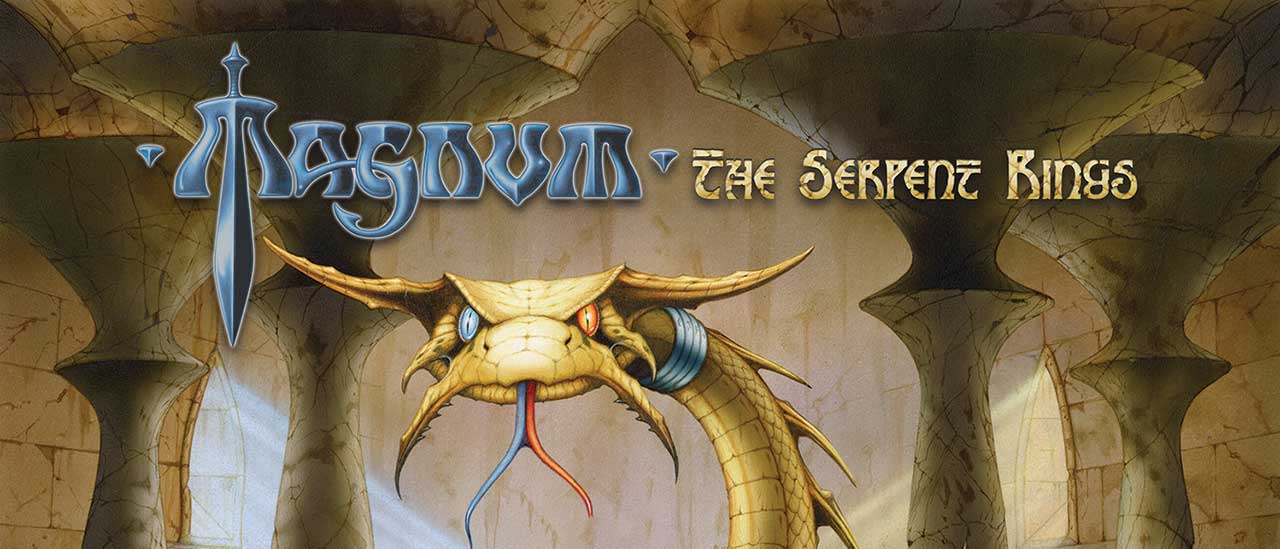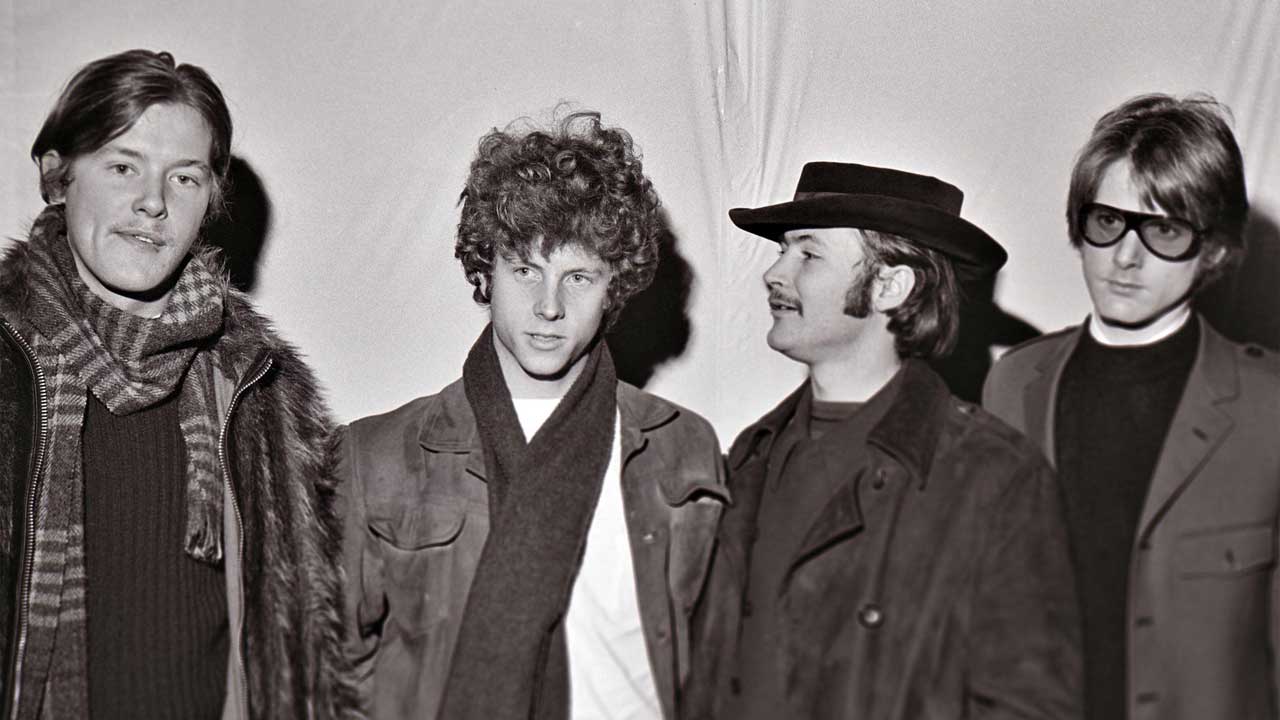You can trust Louder
Although many fans gravitate towards harder rock partly to avoid trend chasing, which is prevalent in mainstream pop, our beloved loud-and-hairy genre isn’t immune to such attitudes, at least where record companies are concerned.
By 1985, Magnum had repeatedly proved their ability to create hit albums that brought together radio-friendly choruses and brawny guitars, and they scored again that year with the independently released On A Storyteller’s Night.
Nonetheless, in the press release for The Serpent Rings, guitarist and songsmith Tony Clarkin reveals that after signing to Polydor that same year, “the label wanted us to sound as pop-oriented as possible. I used to hate that, despite the success.”
Freed from such constraints in recent years, Magnum have shown that cranking up the guitars need not be an impediment to cracking the charts, and have enjoyed a steady commercial renaissance in the last decade that, with 2018’s Lost On The Road To Eternity reaching No.15 in the UK chart, gave them their highest placing since Goodnight LA in 1990.
Although on The Serpent Rings Clarkin’s guitar packs an even heftier wallop this time out, the ramped up amps aren’t masking a drop in quality. On the release of 2014’s Escape From The Shadow Garden, vocalist Bob Catley told this writer of Clarkin’s meticulous standards regarding Magnum’s material, and of their shared desire to maintain the momentum of their second wave of success.
The jackhammer power chords resonating on the anthemic You Can’t Run Faster Than Bullets and through the cinematic sweep of Crimson On The White Sand are a means to ensure that the essential hallmarks of Magnum’s sound are presented intact without things becoming formulaic.
Similarly, the band succeed in weaving subtle twists into the song structures without taking outlandish risks, keeping things fresh without straying too far. The Archway Of Tears builds gradually with harmonious layers of keyboards and guitars to deliver a 10-storey chorus, retaining the orchestral flourishes of previous album Lost On The Road To Eternity, and strings also enliven opening rocker Where Are You Eden?
Sign up below to get the latest from Classic Rock, plus exclusive special offers, direct to your inbox!
Clarkin’s skill in crafting enduring melodies is in plentiful evidence; Not Forgiven and Madman Or Messiah featuring especially keen hooklines, belted with grit by Catley. As ever, the lyrics alternate between fantasy (the title track) and stark reality (Man). Free of any filler, The Serpent Rings looks set to continue Magnum’s hard-won late-career revival.
Rich Davenport is a music journalist, stand-up comedian and musician, and has been a regular contributor to Classic Rock since 2016


